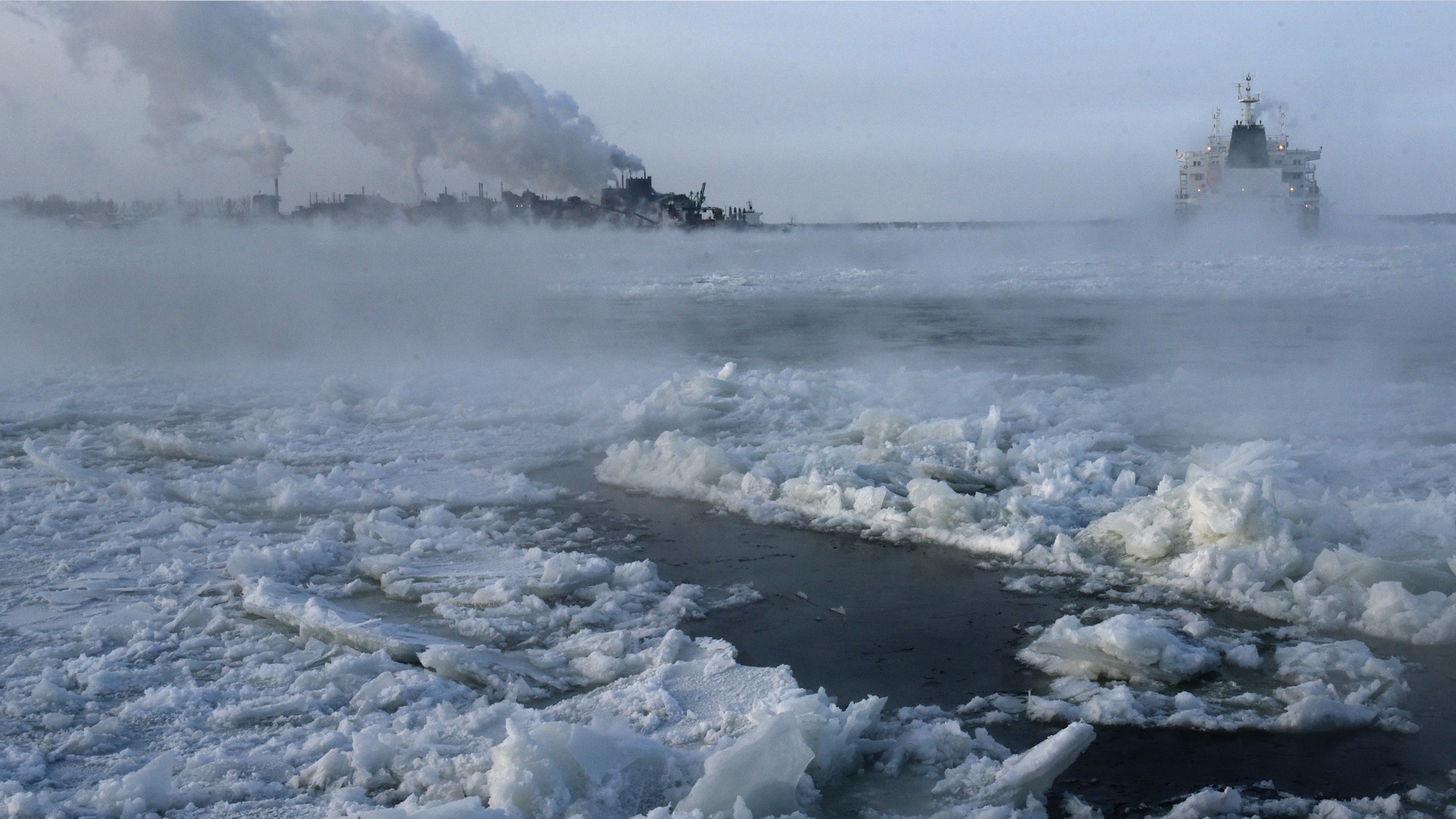The United States is in the middle of a deep cold snap, and meteorologists are saying that a “bomb cyclone” — essentially a freezing hurricane — will hit parts of the East Coast tonight. It's a weather cycle that's prompted a number of climate change deniers, President Trump among them, to crack tired jokes about the concept of global warming.But beyond the misguided social media jabs lies a serious and ongoing discussion about how scientists can connect individual extreme weather events to underlying climate change, and more importantly, how fast they can make now those connections. For example, a 2004 study on a 2003 European heat wave took a year and a half to complete. In contrast, just three months after Hurricane Harvey, scientists at Lawrence Berkeley National Laboratory were able to publish a study showing that Harvey dropped 38 percent more rain than it would have without underlying climate change. In the same time, another group called World Weather Attribution found that hurricanes that size have become three times more probableVICE News spoke with Myles Allen, a climate scientist at the University of Oxford and one of the researchers behind the first climate attribution study, who explained why scientists are now able to rapidly figure out if an event like Hurricane Harvey was more devastating than it otherwise would have been because of climate change. (Answer: it was.)"We are now looking at accelerating that whole process because once you've agreed on the method you're using, you don't need to reinvent the wheel every time you do a new study," Allen told VICE News. "The actual time it takes to actually do the calculations is not that long."This segment originally aired January 3, 2018 on VICE News Tonight on HBO.
For example, a 2004 study on a 2003 European heat wave took a year and a half to complete. In contrast, just three months after Hurricane Harvey, scientists at Lawrence Berkeley National Laboratory were able to publish a study showing that Harvey dropped 38 percent more rain than it would have without underlying climate change. In the same time, another group called World Weather Attribution found that hurricanes that size have become three times more probableVICE News spoke with Myles Allen, a climate scientist at the University of Oxford and one of the researchers behind the first climate attribution study, who explained why scientists are now able to rapidly figure out if an event like Hurricane Harvey was more devastating than it otherwise would have been because of climate change. (Answer: it was.)"We are now looking at accelerating that whole process because once you've agreed on the method you're using, you don't need to reinvent the wheel every time you do a new study," Allen told VICE News. "The actual time it takes to actually do the calculations is not that long."This segment originally aired January 3, 2018 on VICE News Tonight on HBO.
Advertisement
